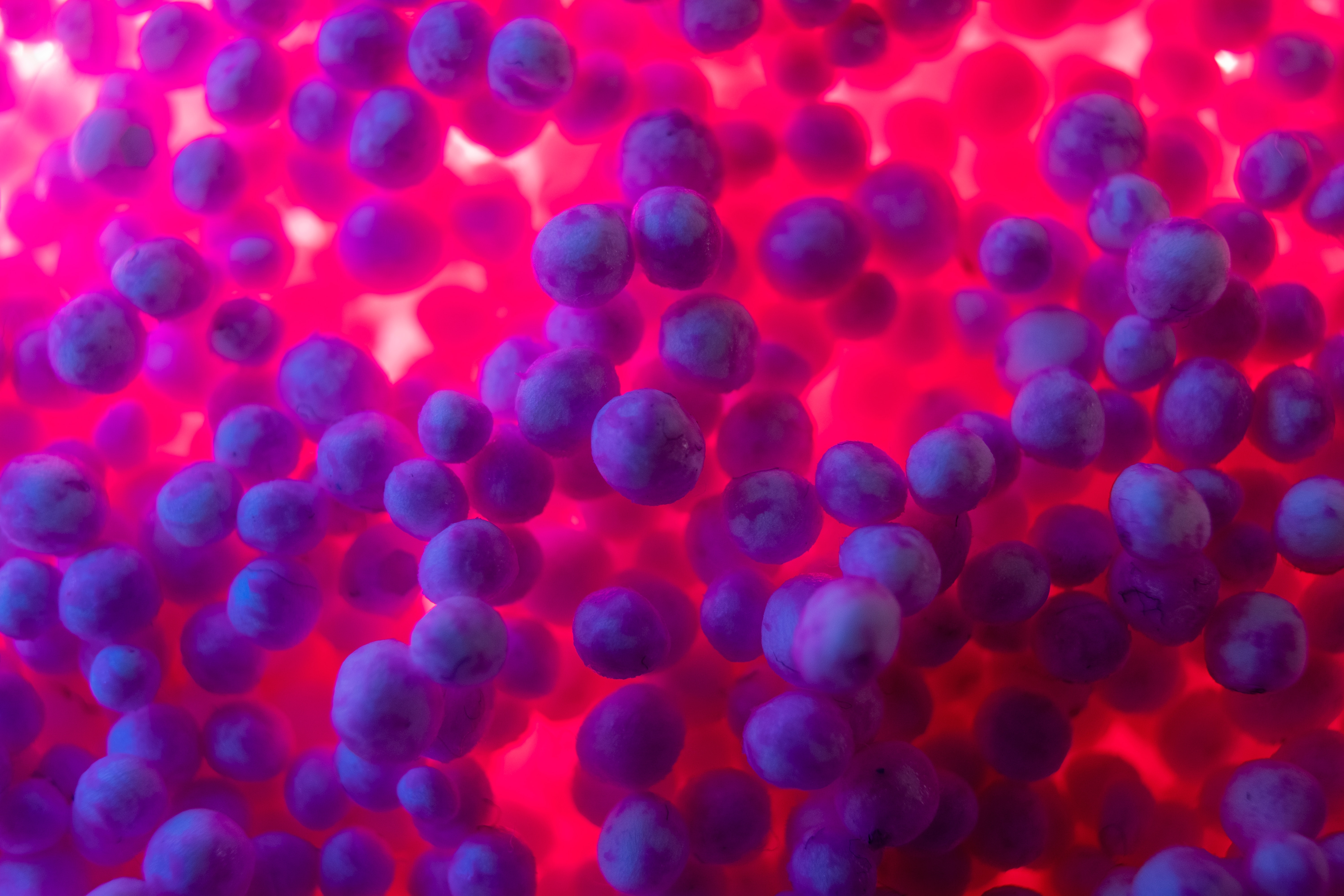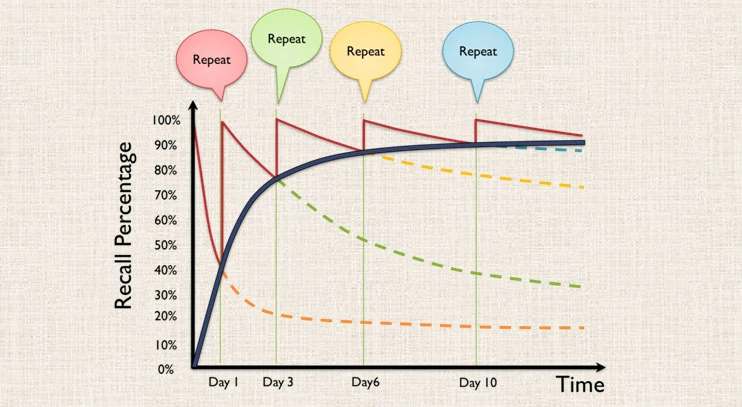
Understanding the Urinary System: How Your Body Filters and Removes Waste
Your body is constantly working to maintain balance, and one of the most important systems responsible for this is the urinary system. This system helps filter waste, regulate fluid levels, and maintain overall health. But how does it work? Let’s break it down.
The Key Players of the Urinary System
The urinary system includes several key organs that work together to remove waste from the body:
- Kidneys: The body’s natural filtration system. The kidneys filter waste, balance electrolytes, and regulate blood pressure.
- Ureters: Thin tubes that transport urine from the kidneys to the bladder.
- Bladder: A muscular sac that stores urine until it’s ready to be expelled.
- Urethra: The tube that carries urine out of the body.
How the Urinary System Works
The process of waste removal follows a well-organized system:
1. Filtration: The Kidneys at Work
The kidneys filter about 50 gallons of blood every day! Inside the kidneys, tiny structures called nephrons remove toxins, excess salts, and waste products, while retaining essential nutrients.
2. Reabsorption and Balance
The kidneys reabsorb water and vital substances like glucose and amino acids back into the bloodstream, ensuring nothing valuable is lost. They also regulate the body’s electrolyte balance, which is crucial for nerve and muscle function.
3. Urine Formation and Storage
Waste products and excess fluids form urine, which travels through the ureters to the bladder. The bladder stores urine until it’s time for elimination.
4. Elimination
When you’re ready to urinate, the bladder contracts, pushing urine out through the urethra. This is the final step in removing toxins and keeping the body clean.
The Role of Nephrons: The Kidneys’ Filtration Units
Nephrons are the microscopic units inside the kidneys responsible for purifying blood and producing urine. Each kidney contains about one million nephrons! Here’s how they work:
1. Glomerular Filtration
Blood enters the glomerulus, a network of tiny capillaries within each nephron. Here, water, salts, glucose, and waste products are filtered out, while larger molecules like proteins and blood cells remain in the bloodstream.
2. Tubular Reabsorption
The filtered fluid, known as filtrate, moves through the proximal tubule, where essential nutrients like glucose, amino acids, and water are reabsorbed back into the blood.
3. Loop of Henle: Water and Salt Regulation
This U-shaped part of the nephron plays a crucial role in concentrating urine. It allows water to be reabsorbed and salts to be selectively released, helping maintain the body’s electrolyte balance.
4. Tubular Secretion
In the distal tubule, additional waste products like hydrogen ions, potassium, and toxins are secreted into the forming urine.
5. Collecting Duct: Final Urine Formation
The remaining fluid, now urine, travels down the collecting duct, where further water reabsorption occurs based on the body’s hydration level. The urine then moves to the bladder for storage before elimination.
Why Is the Urinary System Important?
The urinary system does more than remove waste—it also helps regulate blood pressure, hydration, and even red blood cell production! When it’s not working properly, it can lead to kidney disease, urinary tract infections (UTIs), or imbalances in body chemistry.
Need Help Understanding Complex Biological Systems?
Biology can be overwhelming, especially when learning about intricate systems like the urinary system. At Fundamentals First Tutoring Centre in Edmonton, our expert tutors specialize in breaking down complex topics into simple, easy-to-understand concepts. Whether you’re preparing for exams or just want to strengthen your science knowledge, our personalized tutoring sessions can help you master even the toughest material.
Final Thoughts
The urinary system plays a vital role in maintaining your health, efficiently removing waste and balancing essential nutrients. Understanding how it works helps you appreciate the complexity of your body. If you need extra help with biology, Fundamentals First Tutoring Centre in Edmonton is here to assist. Our expert tutors make learning science engaging and accessible, helping you succeed in your studies!
Photo by Yevgen Buzuk: https://www.pexels.com/photo/styrofoam-12645681/




